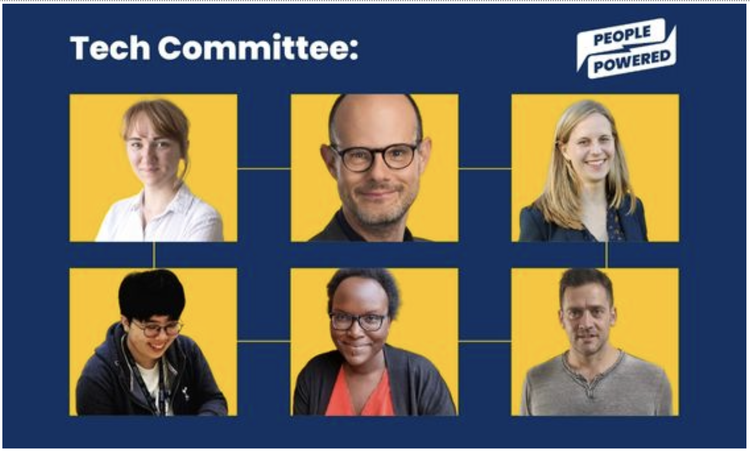People Powered has just released its latest annual Digital Participatory Platforms Ratings. This year marked the second time People Powered has conducted the evaluation, with 32 platforms being reviewed — up 6 from the previous year.
Starting with a diverse committee of 6 civic tech experts representing Africa, Asia, Eastern Europe, Latin America, North America and Western Europe, the review was supplemented by surveys of both users and developers.
428 respondents, including government staff, and employees from civil society organisations, academic institutions and businesses contributed to the process, along with 23 individuals working directly on platforms themselves.
“We created the ratings to help policymakers and civil society advocates and others interested in digital participation review the pros and cons of the many comprehensive platforms that have emerged and make the right choice for their contexts,” said Caroline Khene, senior lecturer in information systems at the Centre for Computing and Social Responsibility (CCSR), principal researcher at MobiSAM and expert committee member from South Africa.
Platforms were scored based on capacity requirements (including ease of set up and use), available features, accessibility, ethics & transparency as well as their track record & reliability, with each category rated out of 100.
The ratings also include a look at the price and additional requirements, with a five-point scale from least to most expensive and challenging, factoring for set up as well as administration. An assessment which ties in to ‘capacity requirements’.
“I would specifically consider how many people I have on my own team, whether I have a technical expert in a team, and how much else for the budget I have,” said Bess Lee, civic hacker and expert committee member from Taiwan.
With an average score of 88 out of 100 across all categories, Your Priorities (from the Icelandic Citizens Foundation) came out on top. Other high-performing platforms included Brussels-based CitizenLab, Bang the Table (a product of Granicus), New Zealand-based Loomio, open source platform Consider.it and widely used Barcelona-originating open-source platform Decidim.
One, perhaps surprising result of the review, was discovering from surveyed users how they chose to adopt a given platform. Rather than being a choice grounded in the feature set, more often than not prospective users chose a platform based on who approached them.
“It became quite evident that most users chose the platform because the platform provider, the company, approached them. Actually, around 50% chose their platform like this,” said Katharina Zügel of Décider ensemble, an expert committee member from France. “Recommendation also played a hugely important point. So around 25% chose their platform because it was recommended by another actor.”
Furthermore, there seemed to be a great deal of stability and satisfaction from users, irrespective of platform.
“Most platform users have been using their platform for around 2 to 5 years and have not changed providers,” said Zügel. “We asked them about suggestions for improvement and there weren’t that many. Most people seem to be rather happy with the platform they’re using.”
Although the ratings are a useful look at the array of platforms available, the committee themselves acknowledge the heavy potential for error.
“Obviously any survey, unless done with an absolute or representative sample, will have some bias and blank spots,” said Katya Petrikevich, Co-Founder and International Director at Participatory Factory and expert committee member from the Czech Republic, “and our user and developer survey is no exception.”
“But we made sure to do our best to fill those gaps and compensate for biases with our shared expertise.”
